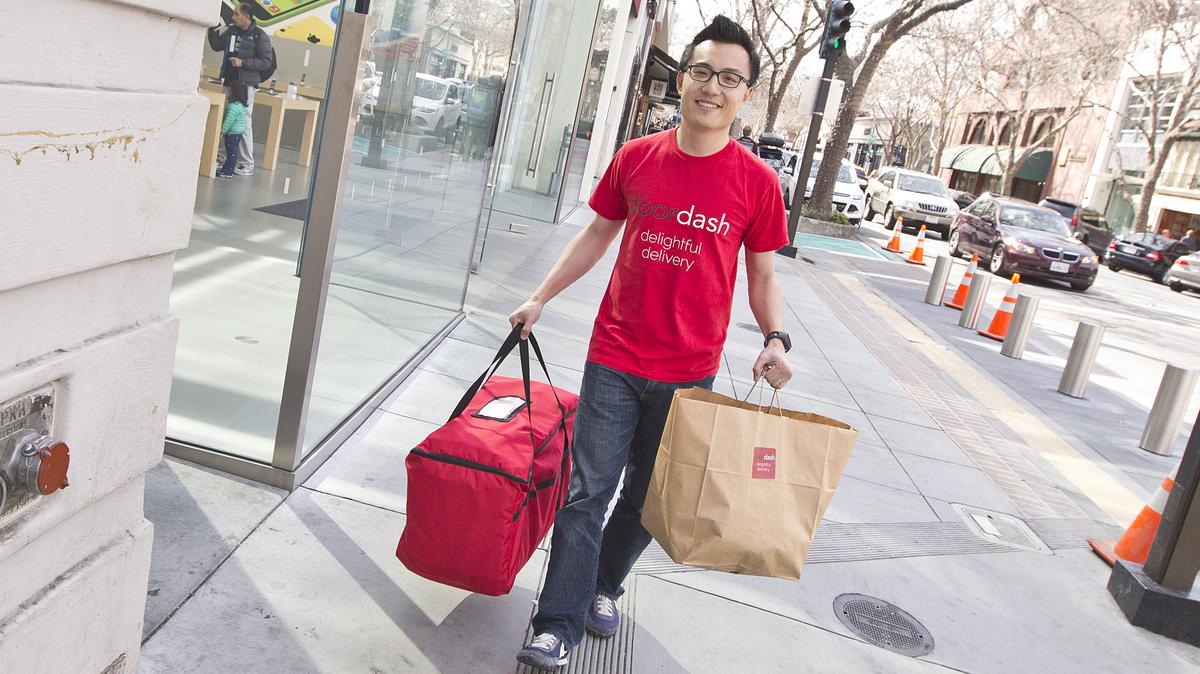A sturdy bicycle built of recycled cardboard and sold to the world’s poor for $20 apiece? This story broke in 2012, complete with a YouTube video of inventor Izhar Gafni toodling around his Israeli settlement town on a beautiful white prototype, the cardboard rendered surprisingly strong through an innovative combination of origami-style folds, glue, and varnish. But two years later, only a handful of prototypes have been made, and an Indiegogo crowd-funding campaign has fizzled.
Why hasn’t the project taken off? One possible culprit: “social business.”
After talking up the virtues of a “social business model,” the start-up behind the bike, Cardboard Technologies, expended considerable energy trying to raising capital from Indiegogo donors uninterested in profit. The lack of a profit motive may have played a role. It also didn’t help that the price of the bike kept shifting—from $20 to $290 to $95 plus $40 shipping. Would-be investors had to wonder: Was the bike going to have a revolutionary everyman price, or wasn’t it?
CEO Nimrod Elmish tried to explain, saying the bicycle’s price will fluctuate depending on where you live, costing more for buyers in wealthy countries and nothing for those in developing countries. “We want to bring a social business model that will make [it] available to all,” Fortune quoted him as saying. “We don’t have a price tag, we have a value tag.”
Try Sweat Shops
High-sounding, to be sure, but if Gazni and Elmish want to get millions of people in the developing world riding around on super cheap and sturdy cardboard bicycles, they may need to shelve the fuzzy talk of “value tags” and “social business” and embrace some of the features of old-fashioned capitalism, like investors interested in making big money and partnerships with “sweat shops” in places like China. This would allow Cardboard Technologies to scale up, rein in per-unit costs, and create desirable jobs for the poor in a developing country.
The latter point may raise eyebrows—sweat shops, desirable?—but Leslie T. Chang has covered China for years for CNN, the Wall Street Journal, The New Yorker, and National Geographic, and she points to studies showing that rural Chinese who migrate to factory jobs in cities “are younger and better educated than the people who stay behind in the village, and that they choose to leave home as much to see the world and to develop new skills as to earn money.” According to one estimate she cites, the Chinese middle class will grow to more than half a billion in the next decade, “most of them former migrants who have done well in the cities and stayed.”
As for the individual women in these migrant jobs, another study Chang references concludes that “having done migrant work makes a rural woman more likely to choose her own husband, to give birth in a hospital, and to seek equality in marriage.”
Here’s an opportunity for Cardboard Technologies to spread the wealth around while still keeping an eye on their bottom line. More than this, using a low wage “sweat shop” of this kind may be an indispensable step toward their dream of a universally affordable bike.
Business Is a Social Enterprise
Another crucial step is tapping into the lean distribution networks and economies of scale enjoyed by habitually maligned big box stores like Walmart.
All of this may seem poles apart from Elmish’s idea of a “social business,” but the idea is confused. Which is more social: funding a business enterprise by attracting investors who will share in the profits, or attracting donations from people who won’t see any of the profits? There’s nothing wrong with the second approach. Many fine humanitarian organizations are run this way. But it’s misguided to imply that only that approach, and not the other, is properly social.
Also, why is it unsocial to sell a bicycle to a poor man in Africa at a rock-bottom but profitable price, since he gets a bicycle at a great price along with the dignity of acquiring it through a mutually beneficial exchange? Or is it only social for Africa to remain a permanent recipient of our charity?
Ordinary business is already social. The percentage of people living in extreme poverty has dropped from well over half the global population to less than a quarter in a generation, and it’s happened precisely where business and globalization have connected the poor to wider circles of enterprise and exchange.
It’s time to retire the term “social business.” Better to speak of running an ethical business, where agreements are honored, and the freedom and dignity of employees and customers are respected.
The good news is that Gafni and Elmish apparently are moving in a more traditionally capitalist direction by courting for-profit investors. Moving forward, the pair would do well to avoid a series of “social business” pitfalls. These include lavish factory wages untethered from market prices or worker productivity; an allergy to big corporations and economies of scale; a refusal to pay the “obscene” salaries necessary to attract skilled corporate management; and a fixation on exporting charity but not jobs to the developing world.
If Cardboard Technologies can manage all that, then it just might be able to put the base of the economic pyramid on wheels, easing its way into the global middle class.
Jonathan Witt, PhD, is a research fellow with the Acton Institute, the lead writer for the PovertyCure DVD Series, and the author, with Jay W. Richards, of the upcoming Ignatius Press book, The Hobbit Party: The Vision of Freedom that Tolkien Got, and the West Forgot.









